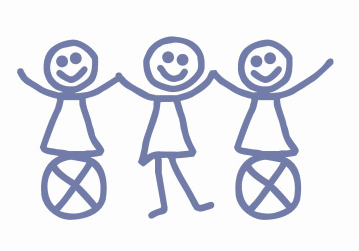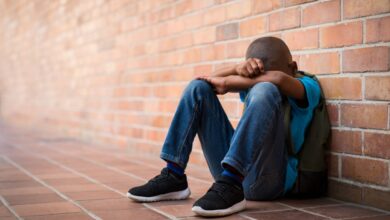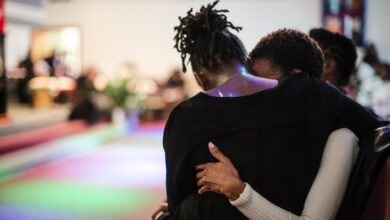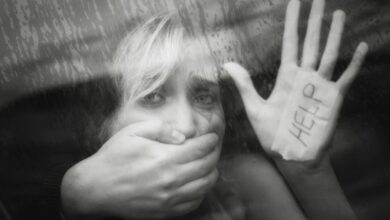Shonaquip – ‘Social business is a mechanism to improve the future of our children’

Shonaquip is considered as a model for a lot of social enterprises all over the world. In 1992, Shona McDonald founded this organization, and since this time she works hard with her team to improve lives of people with severe disabilities. Shonaquip develop modular wheelchairs for people living in low income countries, as there are often secondary health complications caused by the use of inappropriate and poor quality wheelchairs.
Interview conducted in February 2014.

SparkTour Africa: Why did you create Shonaquip?
Shona McDonald, founder of Shonaquip: I started Shonaquip as a solution to help other children with disabilities, similar to those with my daughter. When Shelley, my second daughter was born, I was advised to put her in a home and have another baby, because people don’t have a value of children with disabilities. They are seen as reject. So, I started building solutions to help her sit, to play and to become an active part of our family. Through that process, I met many other parents who also needed what she has, and that is really how the business evolved.
‘When Shelley, my second daughter was born, I was advised to put her in a home and have another baby […] So, I started building solutions to help her sit, to play and to become an active part of our family.’
Today, more than 20 years after the creation, how does Shonaquip works?
We have got three main parts of the whole organization. Firstly, we have the production and design of equipment and the assembly of it, sale into government and private markets where it is needed. Then, we have the clinical outreach services where we go and help train and upscale parents and health therapists with improving their ability of sitting children correctly to prevent secondary health problems. The third element is Uhambo foundation, which is a part of Shonaquip that looks at empowering communities, helping parents to become champions of disability in their communities, and influencing policy and research around the need for better solutions to include children with disabilities in their communities and society as a whole.
What are the results that you are proud of?
I am proud that we have built African appropriate equipments for children who cannot sit-up without help. I think that equipment is designed in such a way that it can be assembled and used in any country, just by using hand tools. So, the devices themselves can become an opportunity for job creation for many people across Africa. Personally, I am just proud that our team has been able to influence the way wheelchairs are provided in South Africa, and hopefully in other countries in the future!
‘The devices themselves can become an opportunity for job creation.’
What was the biggest difficulty since the creation of Shonaquip?
Our biggest challenge right now is linked with the economy, which is really struggling. Government budgets have decreased significantly, and yet the needs of people with disabilities have never been greater than they are now. Our role needs to change to fit with this change in the economy, and the way we can get our devices into the community more economically and with easier access to it. Without accessible transport, people cannot get to services in cities, in towns. The services need to be taken to the people. To make that affordable is our greatest challenge right now.
How do you see your organization in 10 years?
I would love to see our products available across the world, preventing the development of life threatening deformities on many thousands of children, and I would like to see our foundation work having grown to be able to empower and provide formal support in the community where it is needed. So, it will be sustainable and self-driving, even beyond out being here.
‘I would love to see our products available across the world.’
You also play a politic role with the World Health Organization, could you explain what is it about?
I got invited to take part in the writing of the World Health guidelines which were published in 2008. These guidelines really inform and support governments and large organizations planning and delivery around safe wheelchair provision for people in under resource regions. They have started to have a significant impact on the way wheelchairs are provided, so that there is always a company which provides services and support, and not just dumped into a country as a donation. There is a significant physical and economical impact on the people they are given to, because of the support structure that have been created around that provision.
Today, a lot of young South-Africans want to embark on an entrepreneurial adventure to help society, do you have an advice for them?
Take risks, be brave, follow your dreams, just do it and make the world a better place. We all need to work together!
‘Just do it and make the world a better place.’
A last word?
It is just lovely to have been part in my life of something that could influence and change the way people see that business can run, and the way business can make a huge impact on the life of so many people in a so much positive way. I hope many more people see social-business as a mechanism to improve the future for our children and the children that are ahead of us.




